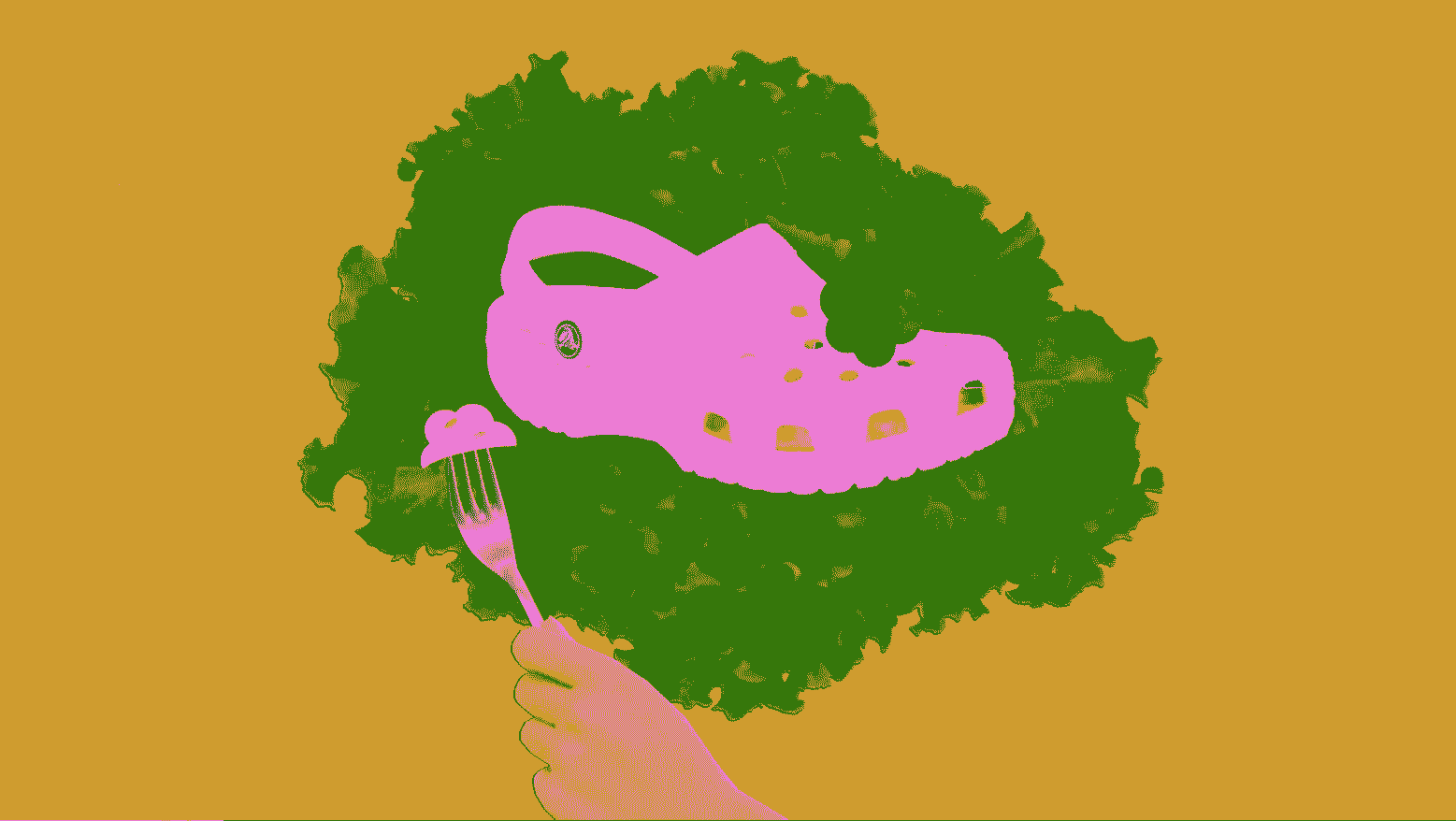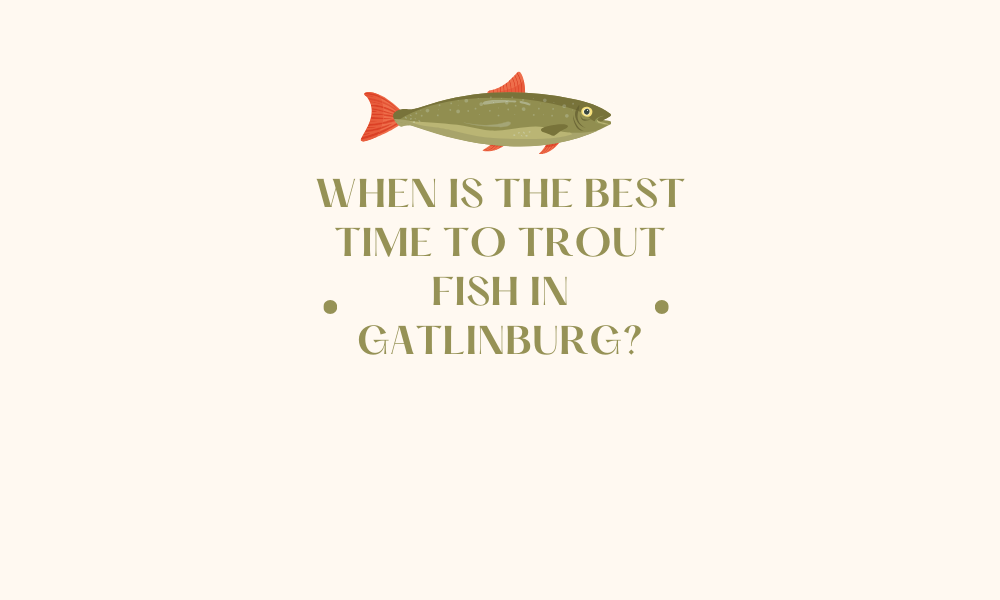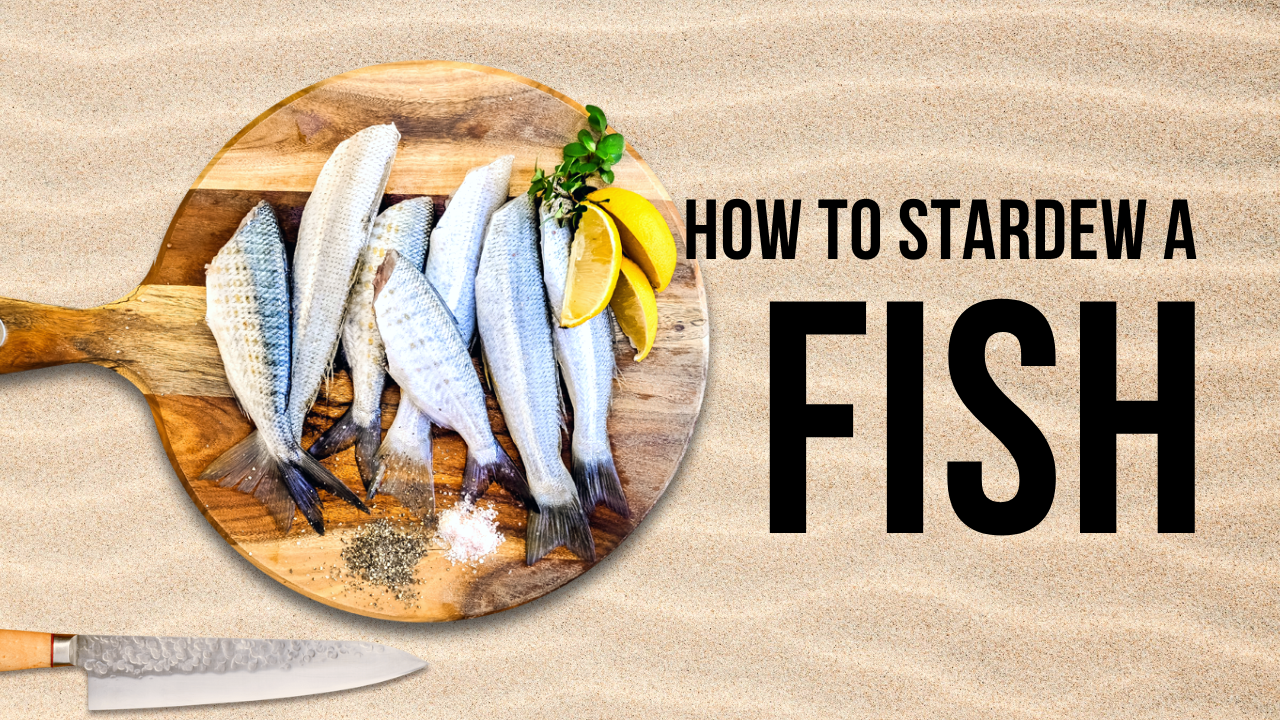The phrase “can you eat crocs county” might seem puzzling at first glance. Are we talking about consuming crocodiles in a specific location or tackling a culinary trend? Let’s unravel this mystery by diving into the intriguing world of edible reptiles and the possible connections to “Crocs County.” This article will take you on a journey of discovery, exploring whether this peculiar idea is fact, fiction, or food-worthy folklore.
Can You Eat Crocs County: Origins of the Phrase
The term “can you eat crocs county” raises questions about its origins and meaning. While the connection to crocodiles is clear, the addition of “County” suggests a geographical or cultural twist. Could it refer to a place where crocodile consumption is common? Alternatively, it might be a quirky keyword phrase gaining attention for its unusual combination.
To understand the context, we’ll break this down into two parts:
- Crocodiles as Cuisine
- The County Connection
Both components have unique stories that shed light on this enigmatic question.
Crocodiles as Cuisine: A Global Perspective
Before addressing the “County” aspect, let’s explore crocodiles as a food source. Crocodile meat is a delicacy in various parts of the world. Known for its unique taste and nutritional value, it has found its way onto menus in exotic restaurants and local eateries alike.
1. Taste and Texture
Crocodile meat is often compared to chicken and fish. It’s white, lean, and slightly chewy, with a flavor that’s mild yet distinctive. This versatility makes it appealing to adventurous eaters and chefs looking to experiment.
2. Nutritional Value
Crocodile meat is high in protein and low in fat, making it a healthy alternative to traditional meats like beef and pork. It’s also rich in omega-3 fatty acids, which are essential for heart and brain health.
3. Countries Where Crocodile Meat Is Consumed
- Australia: Crocodile dishes are a staple in Northern Territory cuisine, where the reptiles are farmed sustainably.
- South Africa: Crocodile is served grilled, fried, or as part of stews.
- Thailand: Crocodile satay and curry are popular street foods.
- United States: In states like Florida and Louisiana, alligator meat (closely related to crocodile) is a culinary delight.
These examples illustrate that consuming crocodiles isn’t as unusual as it might seem.
Can You Eat Crocs County: Unveiling the County Connection
The addition of “County” to the phrase suggests a location or community where crocodile consumption might be prevalent. While there is no officially recognized “Crocs County,” the concept could be metaphorical or symbolic, representing places known for crocodile farming or cuisine.
1. Hypothetical “Crocs County”
If such a county existed, it would likely:
- Be located near freshwater habitats where crocodiles thrive.
- Have a cultural or economic connection to crocodile farming.
- Host annual festivals celebrating crocodile cuisine.
2. Real-World Examples
Places like Darwin, Australia, or Florida’s Everglades could be considered “Crocs Counties” in spirit. Both are regions where crocodiles or alligators play a significant role in local culture and cuisine.
Preparing Crocodile Meat: Culinary Tips
If you’re curious about trying crocodile meat, here are some tips to prepare it:
1. Popular Dishes
- Grilled Crocodile: Seasoned with herbs and spices, then grilled to perfection.
- Crocodile Curry: A flavorful dish combining the meat with rich, spicy sauces.
- Crocodile Burgers: Ground meat patties served with classic burger toppings.
- Fried Crocodile Nuggets: Bite-sized pieces breaded and fried for a crispy treat.
2. Cooking Techniques
Crocodile meat is best cooked quickly over high heat to retain its moisture and tenderness. Overcooking can make it tough.
3. Pairing Suggestions
Crocodile pairs well with citrus-based sauces, fresh salads, and starchy sides like rice or potatoes. Its mild flavor allows it to blend seamlessly into a variety of cuisines.
Ethical and Sustainable Considerations
Before indulging in crocodile meat, it’s essential to consider ethical and sustainability factors:
1. Crocodile Farming
Crocodile farming is regulated in many countries to ensure sustainable practices. Farms prioritize:
- Habitat preservation.
- Humane treatment of animals.
- Compliance with wildlife protection laws.
2. Wild Crocodile Hunting
In some regions, controlled hunting is permitted to manage populations and protect ecosystems. This practice must be carefully monitored to prevent overexploitation.
3. Environmental Impact
Crocodile farming has a lower environmental footprint compared to traditional livestock, as reptiles are more efficient in converting food into body mass.
Can You Eat Crocs County: A Fun Food Trend or Folklore?
Given the phrase’s whimsical nature, “can you eat crocs county” might also reflect a playful exploration of unusual foods. Social media trends and food challenges often spark curiosity about exotic dishes, turning niche ingredients into viral sensations.
1. Crocodile as a Trend
Crocodile meat has appeared on food blogs and YouTube channels as adventurous eaters share their experiences. Its unique taste and health benefits make it an intriguing subject.
2. Folklore and Legends
In some cultures, crocodiles are revered creatures with symbolic meanings. Consuming them could be tied to myths or rituals, adding a layer of cultural significance.
Health Benefits and Risks of Eating Crocodile Meat
Crocodile meat offers several health benefits, but it’s important to be aware of potential risks:
Health Benefits:
- High protein content supports muscle growth and repair.
- Low fat levels promote heart health.
- Omega-3 fatty acids improve brain function.
Potential Risks:
- Mercury content in some wild crocodiles could pose health concerns.
- Improper cooking methods may lead to foodborne illnesses.
To minimize risks, always source crocodile meat from reputable suppliers and ensure it’s cooked thoroughly.
Conclusion: Can You Eat Crocs County?
So, can you eat crocs county? The answer depends on how you interpret the phrase. If it’s about consuming crocodile meat, the answer is a resounding yes. Crocodile meat is a nutritious and versatile ingredient enjoyed worldwide. If “Crocs County” is a metaphorical or fictional concept, it opens the door to imaginative interpretations and culinary explorations.
Whether you’re an adventurous eater or a curious reader, the idea of “eating crocs county” offers a fascinating glimpse into the world of exotic cuisine. So, why not give crocodile meat a try and taste the wild side of the culinary world?
FAQs About Eating Crocodile Meat
1. Is crocodile meat safe to eat?
Yes, as long as it’s sourced from a reputable supplier and cooked properly.
2. What does crocodile meat taste like?
It has a mild flavor similar to chicken, with a hint of fishiness.
3. Where can I buy crocodile meat?
Crocodile meat is available in specialty food stores, online retailers, and certain restaurants.
4. Can you eat crocodile meat raw?
It’s not recommended due to the risk of parasites and bacteria. Always cook crocodile meat thoroughly.
5. What is the best way to cook crocodile meat?
Grilling, frying, and stir-frying are popular methods. Avoid overcooking to retain its texture.









